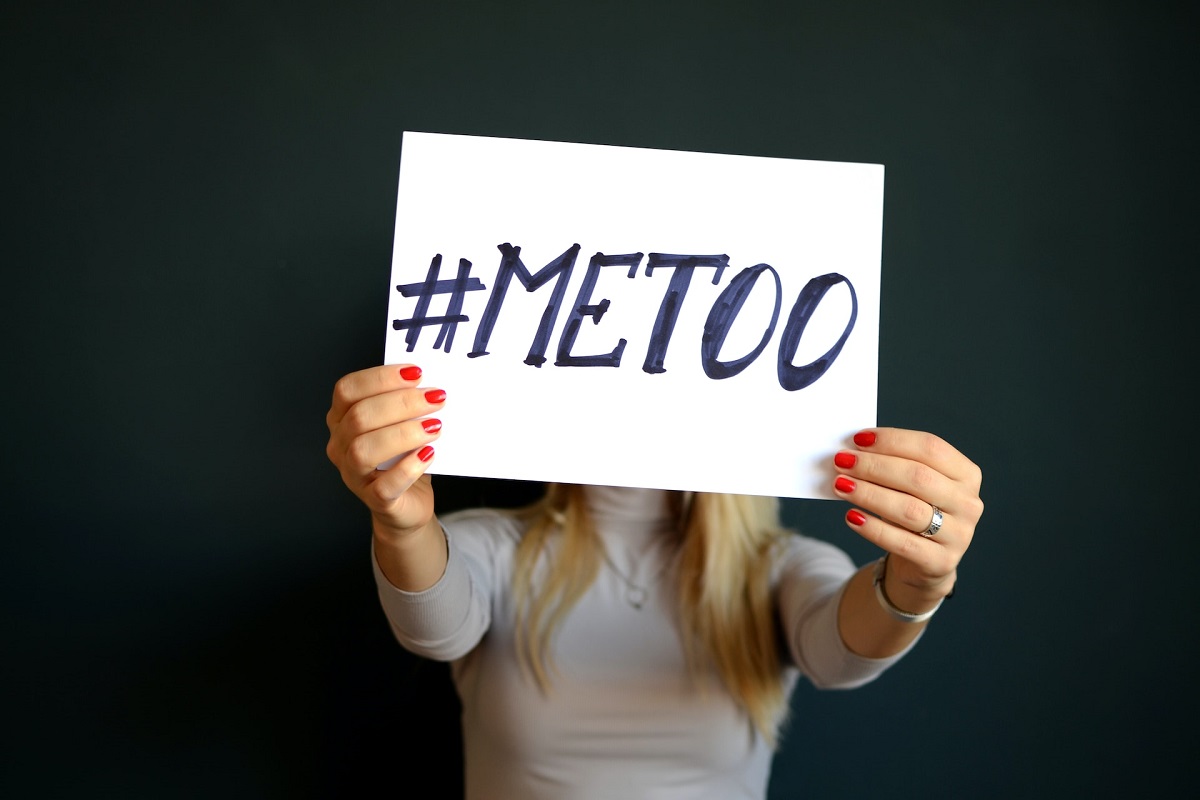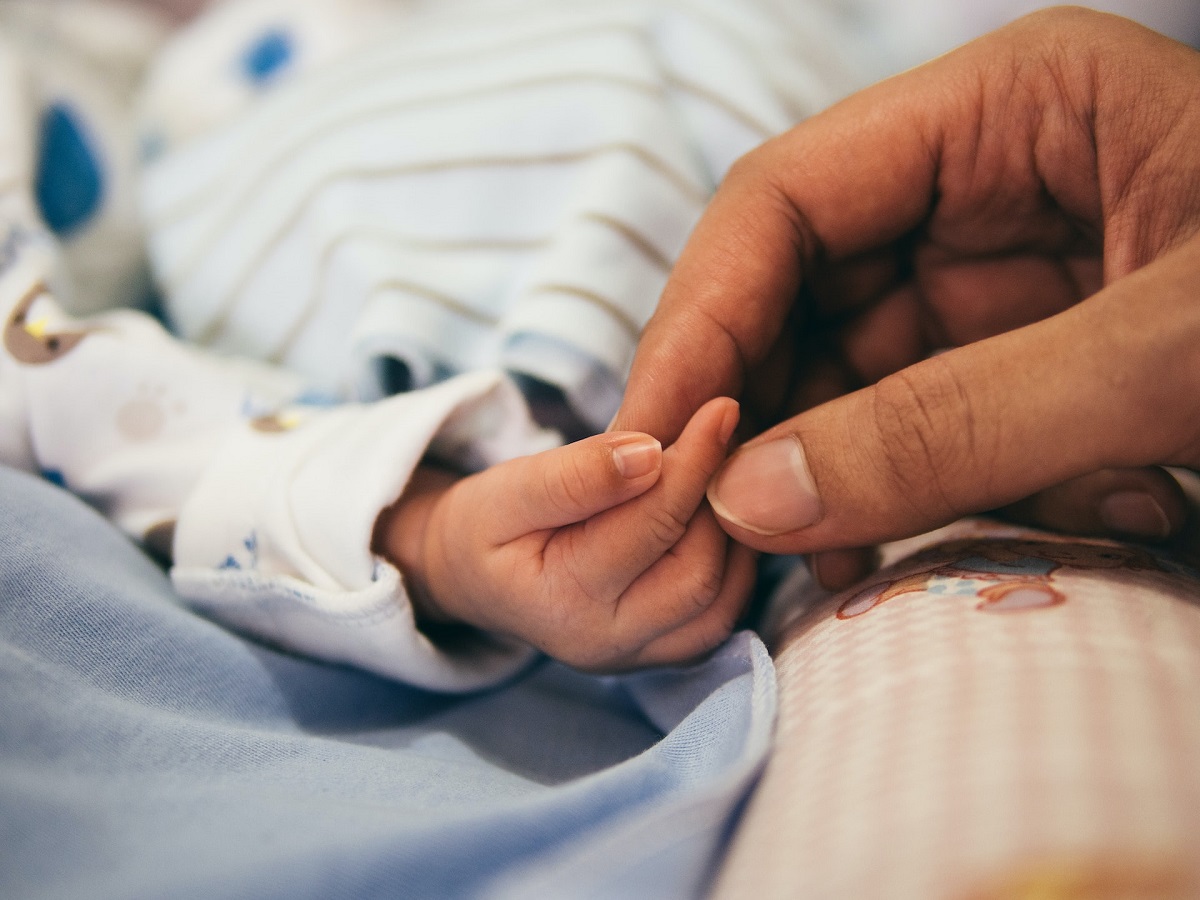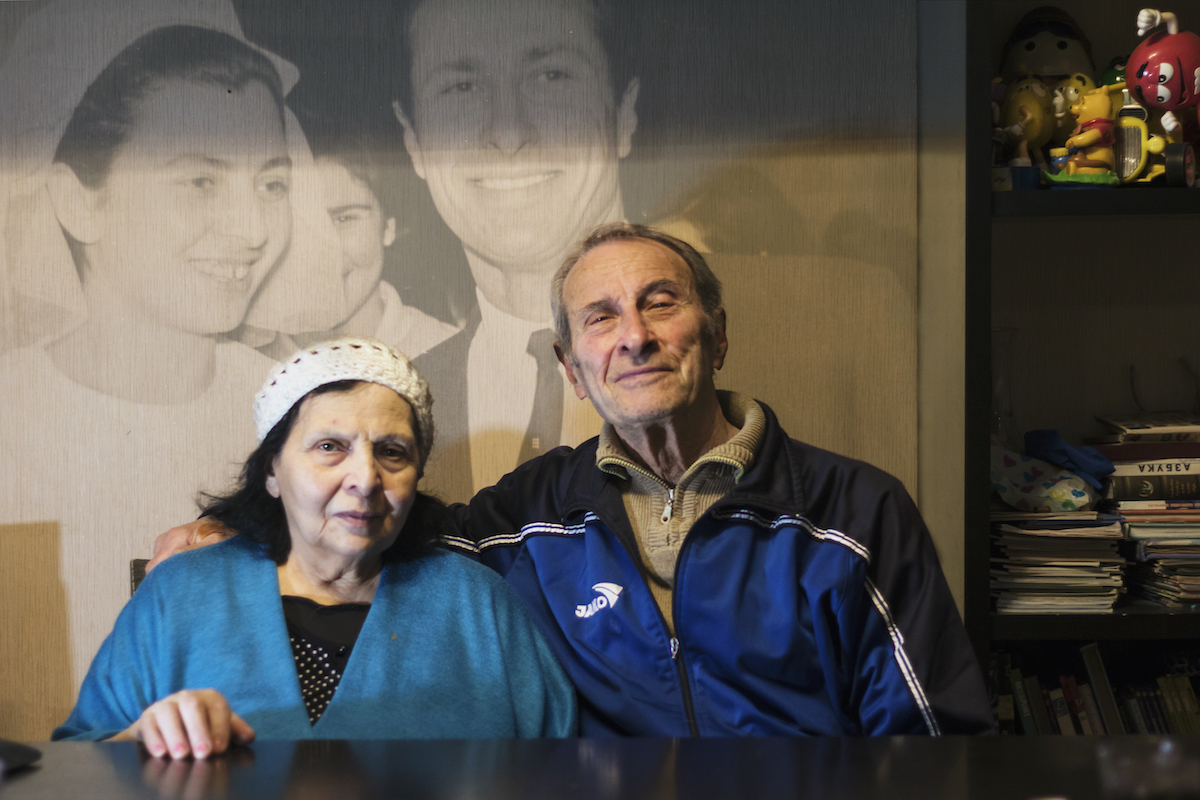More cases of elder abuse in Armenia
Violence against the elderly in Armenia
Domestic violence has become one of the most frequently discussed topics in Armenia after years of silence and even denial of the existence of this problem in society. But still there are types and forms of violence that remain taboo, in particular physical and psychological violence against the elderly in their own family.
In the first five months of 2023, five elderly people were victims of domestic violence. The relatives – son, daughter-in-law, grandson – are accused of murder.
- Why Armenia isn’t taking to the European convention against domestic violence – myths and refutals
- Selective abortion in Armenia
- Armenia: domestic violence gets more attention – action still needed
The murder they tried to pass off as an accident
“My mother is dying, come soon!” shouted an excited man into the phone, calling an ambulance.
The call came from the city of Dilijan in the afternoon. When the doctors arrived at the indicated address, they could no longer help 62-year-old Varsenik.
The son and relatives gathered in the house claimed that the woman died suddenly in front of them, they did not have time to help. But doctors noticed bruises on the woman’s body.
“This has nothing to do with death,” the son insisted, “she had been feeling unwell for several days, and three days ago she lost consciousness and fell. That’s why the bruises on the body.
Relatives confirmed his words.
However, the forensic examination concluded that the fall could not have caused such injuries. A few hours later the police detained the daughter-in-law of the deceased woman. According to the preliminary investigation, she killed her mother-in-law, bruises appeared due to blows with a metal ladle, including on the head and face.
Scant statistics: what is known about abuse of the elderly in the world
Violence against the elderly is a worldwide phenomenon, but there is almost no actual data.
Researchers claim that only one in 24 cases of elder abuse is recorded in the world.
The fact is that all over the world the elderly are silent about their problems, and most governments do not have an appropriate approach and policy to protect them from violence. Approximate statistics are available in only a few countries where the rate of violence against older people ranges from 1-10%.
The WHO considers elder abuse to be “an important but understudied public health issue”. The organization’s latest data is based on the results of 52 studies conducted in 28 countries in 2017.
According to the WHO,
• 15.7% of the world’s population over the age of 60, that is, one in six in this age group is subjected to some form of violence.
• Extremely high rates of violence against older people are observed in closed institutions. 64.2% of employees in hospitals, nursing homes and other long-term care facilities admitted to having ever witnessed violence against an elderly person. Every second employee admitted that he himself “used violence in the past.”
• The most common type of violence against the elderly is psychological (11.6%), followed by financial (6.8%), neglect (4.2%), physical (2.6%), sexual (0.9%) .
Cases of violence against the elderly have increased significantly under the impact of the Covid-19 pandemic. US studies show that the rate of elder abuse in families during the pandemic could rise to 84%.
The researchers calculated that these figures will increase in the coming decades, “taking into account the fact that in 2050 the number of older people in the world will exceed 2 billion people.”
Why older people don’t talk about being abused
The main reason for the lack of statistics on elder abuse is that those who are abused prefer to remain silent. For some, violence becomes the “norm”, others do not identify the attitude towards them as such, in particular when it comes to psychological or financial violence.
The rights of older people are mainly infringed upon by their spouses or children. And in these cases, the elderly are psychologically and financially dependent on them.
Violence can also occur in care centers or shelters. Older people, including those with disabilities, are subjected to violence by employees.
Only 4% of those who have been abused report it. The rest
• afraid of being punished or being alone,
• worried that the abusive relative will be held legally liable,
• ashamed to speak.
Those who do not report abuse are twice as likely to die prematurely because no action is taken to address the effects of abuse.
At high risk are older people with mental health problems. Two out of three people with mental health problems experience violence.
In addition, the elderly do not know who to turn to. In Armenia there is no social service dedicated to the elderly who have been subjected to violence. There are only two domestic violence shelters across the country. Both are created by non-governmental organizations and operate with extremely limited resources.
“Pity the children who do not spare them”
Human rights activist Zaruhi Hovhannisyan says that children and the elderly are the most vulnerable groups subjected to domestic violence. They speak less than others about being subjected to violence, and know less than others about their rights and opportunities for protection.
“Unlike children who attend school, kindergarten, find themselves surrounded by acquaintances and friends, where they can give out this information, even if they don’t want to talk about it, the elderly lead a more isolated lifestyle. Therefore they are more vulnerable, the likelihood of violence against them is higher,” she said.
She recalls cases of violence against the elderly that occurred in a women’s support center and in a shelter for victims of domestic violence. He says that these were exceptional cases, and they became known only because there was severe physical violence, which was recorded by the police:
“These women then ended up in a nursing home and did not return to the environment where they were bullied, but this rarely happens. In other cases, the elderly usually do not report what happened to them. Mainly because they spare their relatives. Even if acquaintances and friends notice bruises or other marks, as a rule, they deny the violence, claiming that it was their “guilty” – they slipped and fell, hit something by negligence.
Zaruhi Hovhannisyan regrets that there is no complete statistics. For this reason it is difficult to judge what is happening now – there is an increase in cases of violence against the elderly or they have begun to talk more about self-abuse.
“We cannot exclude the possibility of an increase in cases of violence against the elderly. Especially given the difficult socio-psychological situation in society, the unresolved traumas of the 2020 war, as well as the worsening social situation every day.
The state is not able to provide for the basic needs of the elderly, and the social burden, as a rule, falls on children. And this creates additional dependence for the elderly. Of course, all these factors directly affect the situation, but the lack of data, the exact number of cases, does not allow us to make clearer judgments about this.”
Follow us – Twitter | Facebook | Instagram
Violence against the elderly in Armenia






















